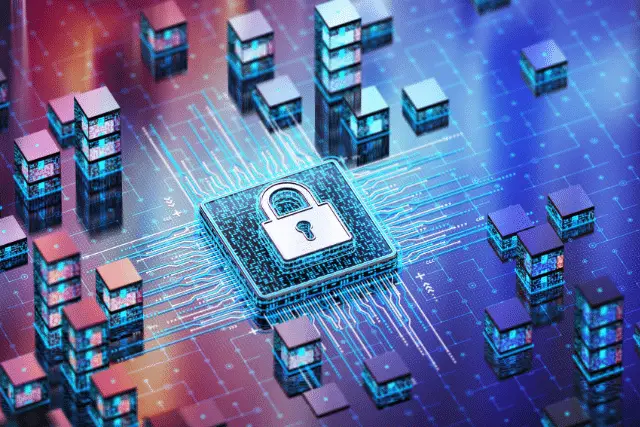Thinking about your career is challenging because you need to answer so many questions:
- Should you go to college or start working immediately?
- Will the job you choose get replaced by AI?
- How much money will you make?
- Will you love what you do?
- What skills do you need to get to start working?
- Will the market get saturated?
Cybersecurity is one of those niches that’s not going away. It’s only getting stronger. Currently, there’s a gap of 3.4 million experts in the space, and it will keep increasing. This fast-growing field has great potential. But you need to know software technologies, programming languages, and how to network.
Why Start A Career In Cybersecurity
Every year, the number of cyberattacks increases. Naturally, the demand for cybersecurity experts grows as well. Hackers can attack every niche: healthcare, government, research, education, and even agriculture. As a cybersecurity professional, you will have a bunch of job opportunities being thrown your way. The only prerequisites are to enjoy solving problems, coding, and helping people. You’ll be explaining complicated concepts to people from all sorts of backgrounds, so you need to be a team player.
Here are some cybersecurity jobs that you can aspire to get:
- Chief Information Security Officer. You’ll make approximately $170k per year and be responsible for the overall security of an organization’s IT infrastructure.
- Security Engineer. You’ll make close to $160k and be responsible for updating, monitoring, and designing security measures within organizations.
- Security Architect. You’ll make around $140k and build systems that protect organizations from hackers.
- Information Security Analyst. You’ll be making $110k and monitoring networks to find security vulnerabilities.
- Security Auditor. You’ll make around $75k while configuring and installing network systems and making security upgrades.
- Computer Support Specialist. You’ll be making around $60k and assist in troubleshooting software and hardware problems.
What To Expect From A Cybersecurity Program
The traditional route to becoming a cybersecurity professional is through a college education. Colleges accept high schoolers, people with prior college credit, and professionals with work experience. The main prerequisite is a strong knowledge of science and math. A GED certificate is usually necessary, while SAT and ACT scores are mostly not required. Standardized test scores can help in four-year programs to qualify for scholarships and get higher chances for admission.
The untraditional route is to learn by yourself. You can take many high-quality courses at your own pace and pursue your career in cybersecurity, criminal law, intrusion detection systems, ethical computer hacking, database management, or computer forensics. Many pros have started their careers by reading books, watching videos, reading forums, and experimenting. Choose the option that works best for you.
Cybersecurity Tips You Should Already Be Using
Before you dive deep into cybersecurity, you need to know the basics. These are the top cybersecurity tips you should always use (even before you start your career):
Always Update Your Software
Updates exist for three reasons: upgrading security, adding new features, and fixing bugs. You need the latest version to evade security vulnerabilities.
Don’t Open Suspicious Mails
Congratulations! You won a free scholarship to MIT (but you have to pay $1000 in transaction fees). That’s a scam! When emails look suspicious (and don’t come from the address they should), don’t open them at all.
Use An Anti-Virus
The moment you connect to the internet, you stop having complete protection from malware. But an anti-virus that scans your device for malware can save you.
Use A VPN
VPNs encrypt your connection and hide your personal information from hackers, marketers, and your internet service provider (ISP). Google “what is my IP” and compare results (and what hackers can see) from before and after using a VPN.
Check Links Before You Click
Cybercriminals are great at sneaking official-looking scam links. On your browser, always hover on a link before you click. If the two results don’t match, don’t click it.
Don’t Use Lazy Passwords
Your passwords must be longer than 12 characters and contain uppercase and lowercase letters, symbols, and numbers. You must also create a new password for every new account.
Turn Off Bluetooth When Not Using It
Bluetooth technology is easy to hack, and your personal data (credit card info, social media logins) can be stolen. You don’t want that to happen, so turn Bluetooth off when you aren’t using it.
Use Multi-Factor Authentication
If the service you’re using has an option for multi-factor authentication, use it. That adds another layer of protection and can save your account.

